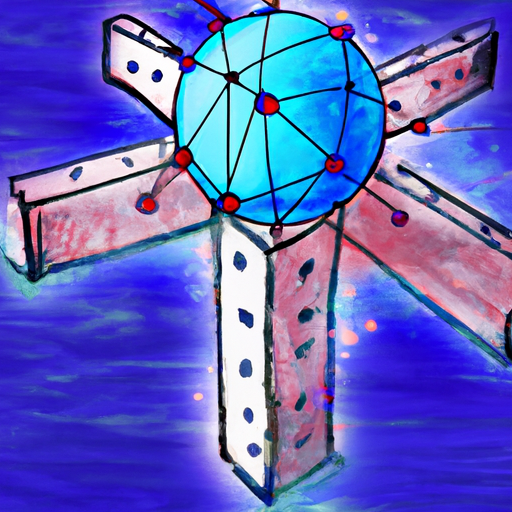Welcome to our article on the revolution of AI in medical diagnosis and treatment. In recent years, the healthcare industry has witnessed a significant transformation with the integration of Artificial Intelligence (AI) into patient care. Gone are the days when diagnoses heavily relied on human expertise and lengthy processes.
Today, AI-powered systems are enabling healthcare professionals to deliver faster, more accurate diagnoses and develop personalized treatment plans. In this article, we will explore how AI is reshaping the landscape of medical diagnosis and treatment, the benefits it brings, and the challenges it presents.
The Role of AI in Medical Diagnosis
Artificial Intelligence has established a prominent role in medical diagnosis by revolutionizing the way healthcare providers analyze patient data. Advanced machine learning algorithms can quickly sift through vast amounts of patient information, including medical records, test results, images, and research papers. This ability to process complex data enables AI systems to detect patterns and identify correlations that might go unnoticed by human physicians. Consequently, both diagnosis accuracy and efficiency are significantly improved.
One of the most promising applications of AI in medical diagnosis is in radiology. AI algorithms trained on enormous databases of medical images can assist radiologists in the detection and characterization of various diseases, such as cancer, tumors, and fractures. These AI-powered systems can speed up the interpretation process and reduce the risk of human error. Additionally, AI can lend a helping hand in making predictions about disease progression and treatment outcomes, enhancing patient management and care planning.
The Benefits AI Brings to Healthcare
The integration of AI in medical diagnosis and treatment has numerous benefits for the healthcare industry and patients alike. Firstly, AI systems have the potential to improve diagnostic accuracy, leading to earlier detection of diseases and ultimately saving lives. With their ability to analyze vast amounts of data quickly, AI algorithms can detect subtle patterns and indicators that may not be evident to human physicians.
Secondly, AI can assist healthcare professionals in creating personalized treatment plans. By considering a patient’s medical history, genetic information, and countless other variables, AI algorithms can provide insights into the most effective treatment options. This tailoring of treatment plans enhances patient outcomes and reduces the need for trial-and-error approaches.
Moreover, AI in medical diagnosis can alleviate the workload on healthcare providers, allowing them to focus more on direct patient care. Routine tasks, such as reviewing medical images or analyzing lab results, can be automated by AI algorithms. This automation not only saves time but also reduces the chances of errors and frees up medical professionals to spend more time interacting with patients and providing personalized care.
The Challenges AI Faces in Healthcare
While the prospects of AI in medical diagnosis are promising, there are several challenges that need to be addressed. One significant concern is the ethical use of patient data and privacy. AI systems require extensive access to patient records and data to achieve accurate results. Ensuring the security and privacy of this sensitive information is crucial to maintain patients’ trust and comply with legal regulations.
Another challenge is the need for robust validation and testing of AI systems. As these systems evolve, it is vital to continuously assess their accuracy, reliability, and generalizability across different populations. Proper validation protocols are necessary to build trust in AI-driven medical diagnosis and treatment.
Additionally, healthcare professionals need to be empowered with adequate training and education on AI systems. Understanding how to interpret AI-generated recommendations and integrating them into clinical practice is essential for harnessing the full potential of AI in medical diagnosis.
In Conclusion
The integration of AI into medical diagnosis and treatment is revolutionizing healthcare delivery. By leveraging advanced algorithms and the ability to process vast amounts of data, AI systems are improving diagnostic accuracy, enhancing patient care, and relieving healthcare professionals of routine tasks. However, challenges such as data privacy, system validation, and professional training must be addressed to ensure the responsible and ethical implementation of AI in healthcare. With continued research, innovation, and collaboration between AI experts and healthcare providers, the future of medical diagnosis looks brighter than ever – paving the way for improved patient outcomes and a transformed healthcare industry.
